When on Safari, you spend a lot of time out searching for game during the day time. The best times are usually early in the morning when the temperatures are still cool and the animals are active… searching for breakfast. As the weather warms up from late morning to early afternoon time the animals, and maybe you too can enjoy some good siesta time. If siesta is not for you, go out and you will still find animals grazing or ‘lazing around’ – still enjoyable to witness. Of course there are some animals who can not rest – never a dull moment. They will get active again late afternoon when the weather cools down.
Most National Parks close around sunset. Private conservation areas don’t have any restrictions and you and your guide will decide when you want to enjoy a night game drive - this can be a last-minute decision. A few National Parks [Tarangire and Katavi, for example in Tanzania and most parks in Zambia] do not have those restrictions either but you do have to have a permit and we have to book a ranger hence we need to know in advance if you want to enjoy this experience.
My first night game-drive was in dark, stormy night of November 2011 in Tarangire National Park at Oliver’s Camp.
Covered in our raincoats, armed with a ranger and a brave wind-bearing spotter in our vehicle driven by Alex the camp manager at that time, we drove out looking for animals. We had night vision goggles to aid in our viewing. We saw three male lion brothers who were later heard roaring around the camp, vultures feasting on an elephant carcass, jackals and more. If it was not pouring, we would have had a two-hour ride heading towards the Silale swamp. Ours was cut short because of the rains. Still, oh what a thrill!
I have had many more night game drives since then. It is not so much about the wildlife that is easier to see during the day, but the anticipation of spotting the wildlife and the sounds that accompany it in the night. And the rewards can be pretty spookily beautiful.
Take a spin with us at night.
There will be a few surprising things to stare at on your night game Safari.



























